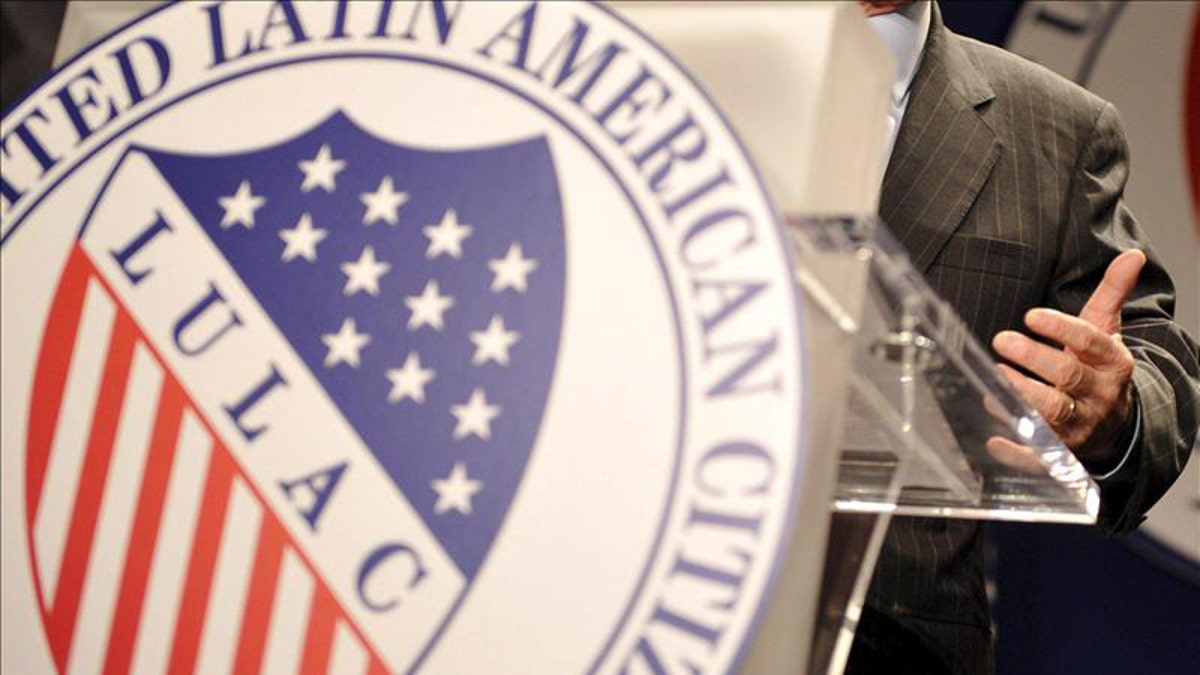
(EFE)
ALBUQUERQUE, N.M. (AP) – The newly elected president of the nation's largest and oldest Latino civil rights group says he hopes to end years of infighting with a call for unity to better serve the interests of the nation's 54 million Hispanics.
Roger Rocha, of Laredo, Texas, told The Associated Press he's reaching out to key members of the League of United Latin American Citizens following his election, seeking to bring together various interests.
"It's a big challenge, and I'm up for the challenge," said Rocha, who became LULAC president last week in Salt Lake City at the group's convention.
He's ready to help the organization move "together as a united LULAC."
He takes over a group plagued by squabbling, including spats over a canceled election, a disputed real estate deal and national board eligibility.
Rocha, a 44-year-old health care provider, said the group's focus now should be on pushing federal immigration reform and better health care for the nation's growing Hispanic population.
He said old, internal conflict should be discarded for the sake of unity. "We've already moved past it," Rocha said from the organization's Washington, D.C., headquarters. "If there are one or two individuals (who) are dwelling on it, guess what? They are getting left behind because the membership of this organization has moved forward."
Officials say LULAC has around 100,000 members.
Former New Mexico LULAC state director Pablo Martinez said many members are willing to give Rocha and his board a chance. "I wish him the best because there is a lot at stake and it's not just about us," Martinez said.
Founded in 1929 in Corpus Christi, Texas, LULAC was largely made up of Mexican-American World War I veterans who sought to fight discrimination.
The organization later became a key player in U.S. politics, and its members helped influenced the passage of civil rights legislation in the 1960s.
In recent years, LULAC has been fighting for relevance amid competing civil rights groups and its internal battles, said Tatcho Mindiola, director of the Center for Mexican American Studies at the University of Houston.
"It could be that their energies have been directed inward rather than outward," Mindiola said. "But I just don't see (LULAC) quoted very often locally or nationally on various issues. They've been relatively quiet."












































